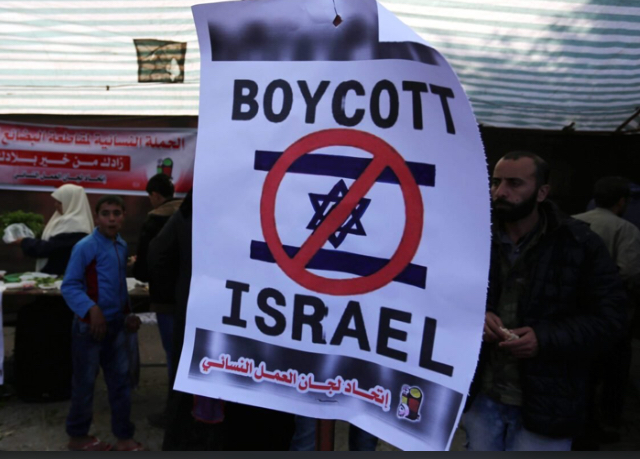London, MINA – British-based Multinational company Unilever stated on Thursday that fourth-quarter sales growth in Southeast Asia had been hurt by buyers in Indonesia who boycotted the company’s brand on response to the geopolitical situation in Middle East, MEMO reports.
Some brands have seen protests and boycott campaign, especially in the countries with majority Muslim population due to the company’s perceived pro-Israel stance.
Meanwhile, fast food company McDonald’s this week posted its first quarterly sales decline in nearly four years, partly due to Israeli occupation aggresion against Palestinians in the Gaza Strip and the occupied West Bank. The company said, the situation “severely impacting” the performance in several overseas markets.
In Indonesia, which is home to more than 200 million Muslims, Unilever’s sales in the fourth quarter fell by double digits, the company said. After that, there was some improvement in customer and consumer uptake in January.
Also Read: Indonesia Reaffirms Full Support for Palestinian Independence Before Jordan’s King
Unilever CEO Hein Schumacher said his company “does not see any material impact to our supply chain” as a result of the Israeli-Palestinian issue and related attacks on Israeli-linked ships in the Red Sea.
“Obviously, there are some small disruptions to some key materials and deliveries and so on, so there are some delays but I wouldn’t call them significant,” Schumacher said when contacted by reporters.
“We work with shipping companies and big carriers and I realized they were taking the longer route”. He pointed out that most of Unilever’s products and ingredients are locally and regionally sourced where they are sold.
The board of directors of Unilever Ben & Jerry’s last month called for a permanent ceasefire in Gaza. The brand announced in July 2021 that it would stop sales in the Israeli-occupied West Bank and parts of East Jerusalem, saying that selling ice cream in the occupied Palestinian territories “is not in line with our values. (T/RE1/P2)
Also Read: Majenang Landslide: 21 Missing in Central Java
Mi’raj News Agency (MINA)
































 Mina Indonesia
Mina Indonesia Mina Arabic
Mina Arabic